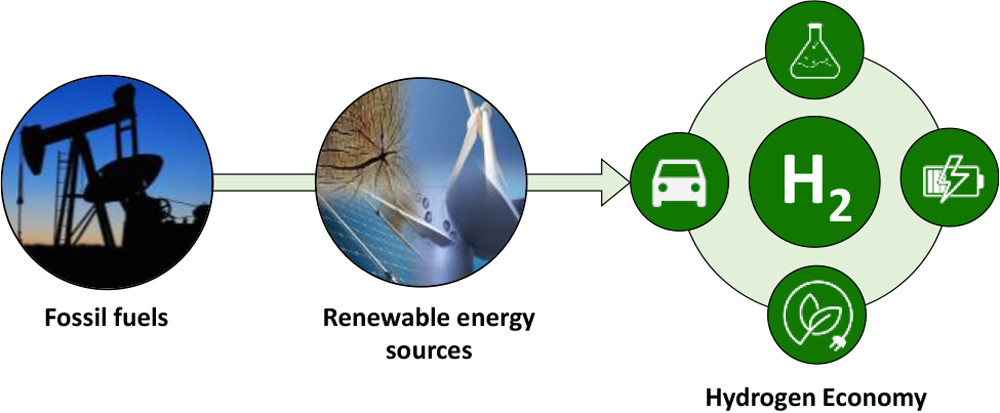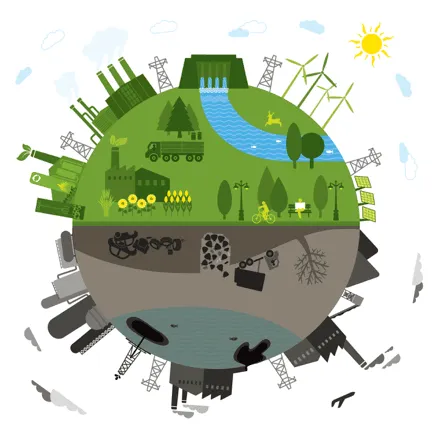What problems do traditional energy sources bring to the environment and climate
Conventional and Clean Energy The use of conventional energy sources poses a number of environmental and climate concerns. Burning fossil fuels releases large amounts of greenhouse gases such as carbon dioxide, contributing to climate change. In addition, the extraction and use of traditional energy sources are also associated with environmental damage, water pollution, and health problems.

The use of traditional energy sources brings a series of problems to the environment and climate, mainly including the following aspects:
Greenhouse gas emissions: Conventional energy sources mainly rely on the combustion of fossil fuels, which releases large amounts of greenhouse gases such as carbon dioxide (CO2) into the atmosphere. The accumulation of greenhouse gases leads to the strengthening of the greenhouse effect in the Earth's atmosphere, causing the problem of global climate change and global warming.
Air pollution: The combustion of fossil fuels also produces large amounts of air pollutants such as nitrogen oxides (NOx), sulfur dioxide (SO2), and particulate matter. These pollutants cause direct harm to human health and the environment, resulting in reduced air quality, haze and other problems.


Water consumption and pollution: Large amounts of water are required for the extraction and processing of traditional energy sources, especially in the coal and oil and gas industries. At the same time, these processes will also produce wastewater and pollutants, causing irreversible damage to water resources and water ecosystems.
Land damage and ecological damage: Extraction and mining of traditional energy sources cause damage to land both at the surface and below ground, destroying natural ecosystems and biodiversity. For example, coal mining can lead to land stripping, soil erosion and ecological environment deterioration.
Energy security and resource competition: The supply and dependence of traditional energy sources expose many countries to the risk of energy security. The limited and uneven distribution of resources is also easy to lead to international resource competition and conflict.
These problems exacerbate the challenges of global climate change, environmental pollution and sustainable development. Therefore, it becomes crucial to promote the development of renewable energy and energy transition to reduce the dependence on traditional energy and mitigate its adverse impact on the environment and climate.




